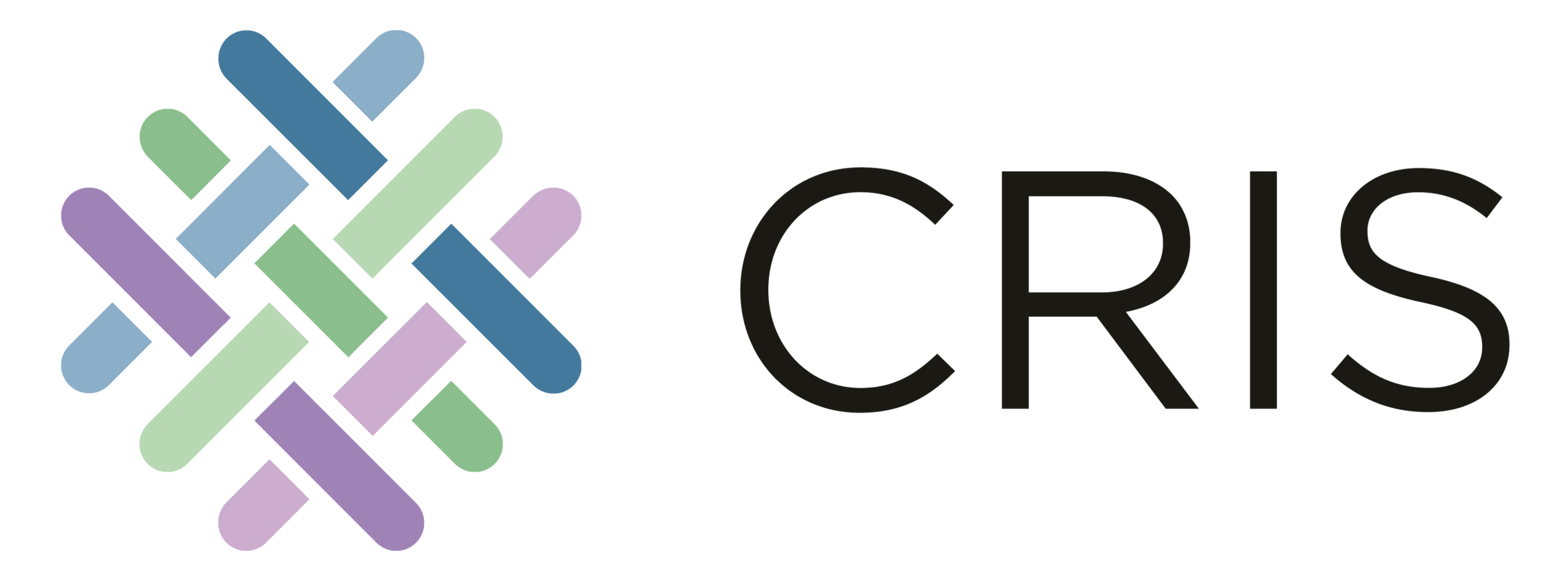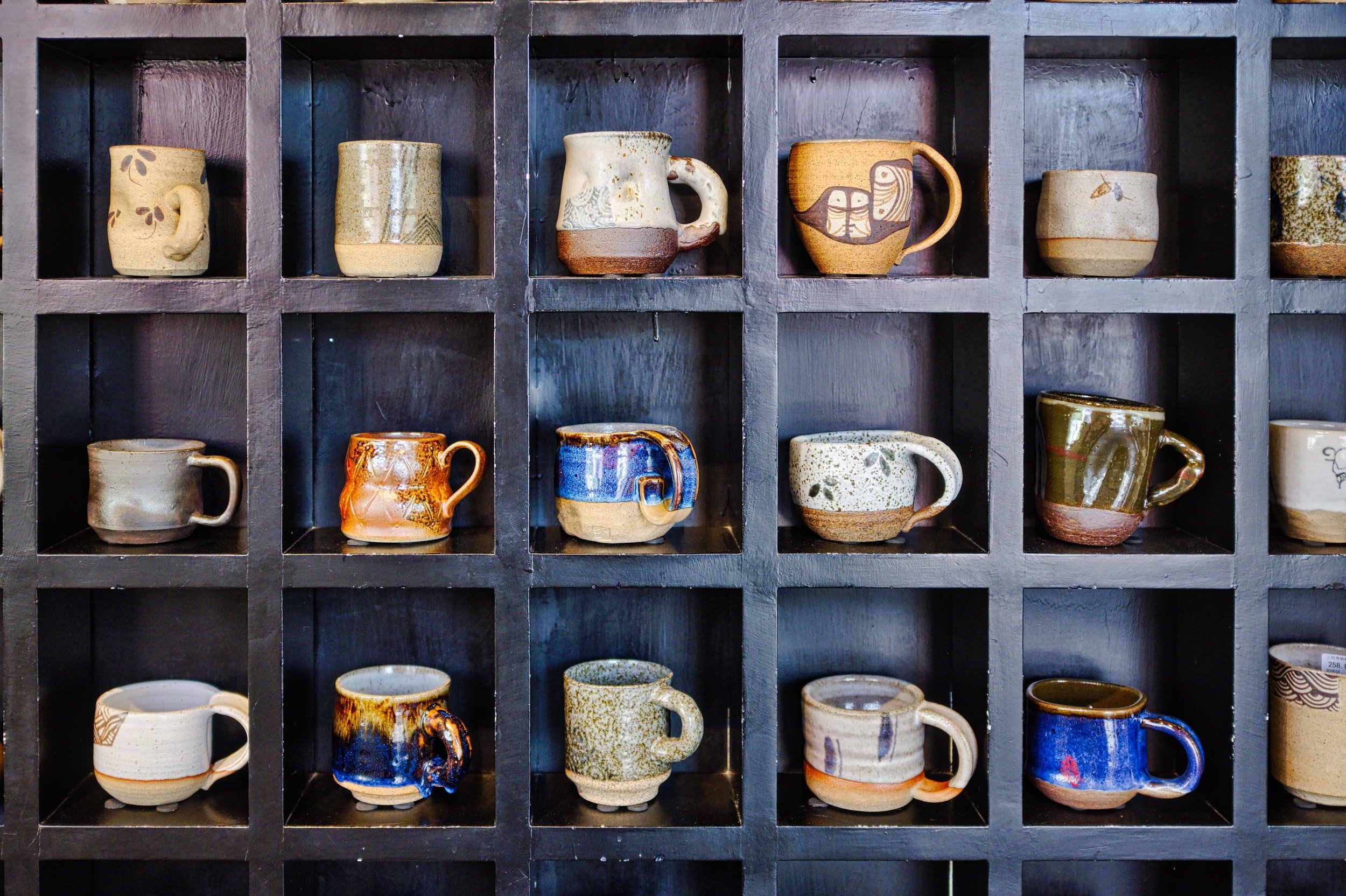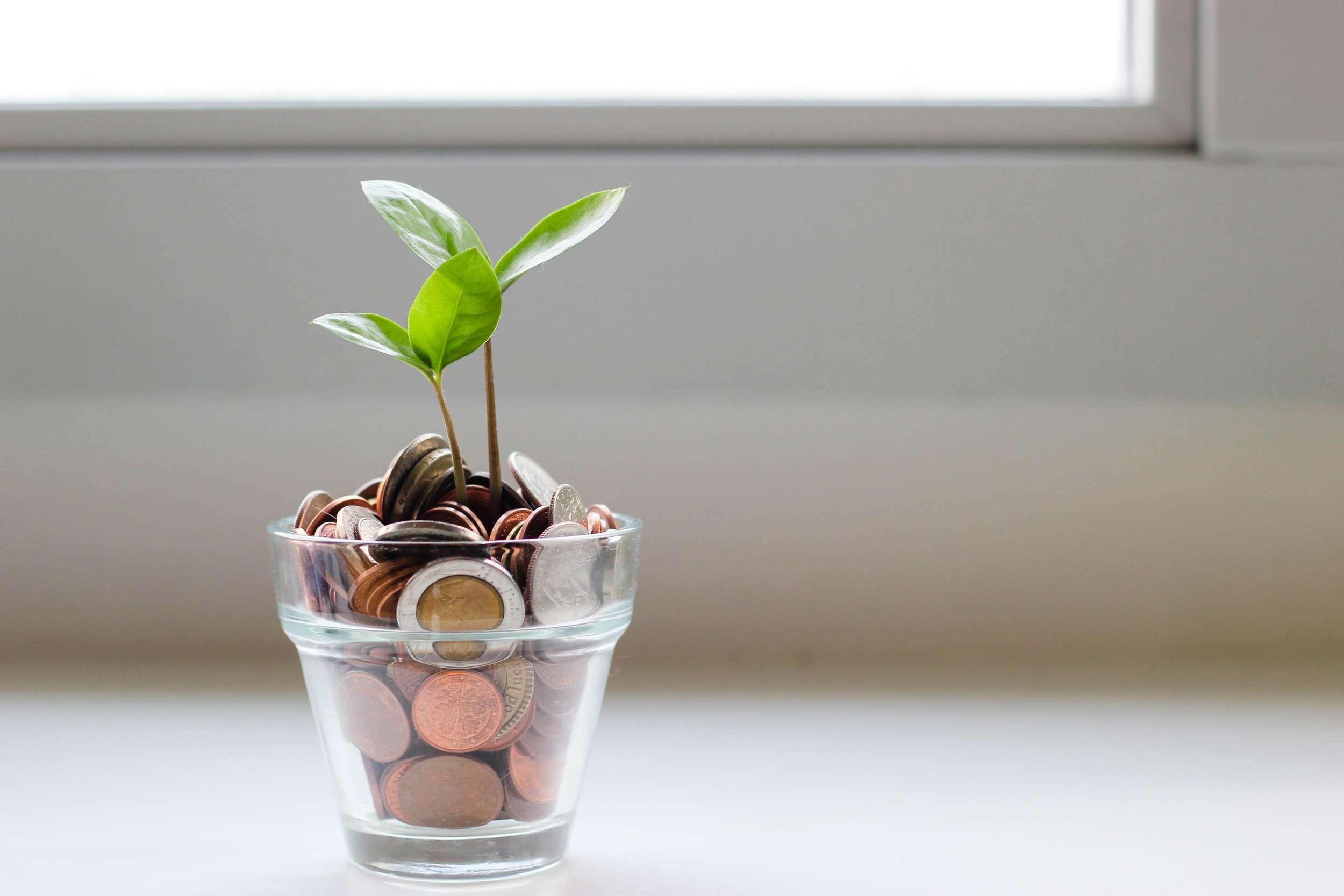Objects for Everyday Resilience
Objects for Everyday Resilience
The intersection of material things and our ‘everyday’ resilience
In this project, we studied the relationships between material resources and people in conditions of adversity. In particular, we focused on the things that supported the mental and physical health of different sections of the community during the pandemic. We hoped to enhance and extend emerging understandings of multisystemic resilience (Ungar 2020), and to support recovery from the COVID-19 pandemic.
The significant amount of literature on objects and things in relation to resilience gave us a wide range of potential applications when thinking about the material conditions of resilience in the COVID-19 pandemic as it continues to unfold.
Old and new ways of coping under COVID-19
Income, living circumstances and access to digital (and other) resources, can affect people’s ability to get up-to-date information about the virus, physically isolate and work from home.
Marginalised and vulnerable communities have had to develop coping strategies or acts of resilience for a long time. However, COVID-19 lockdowns intensified the conditions under which resilience was built and used. This is not only true for those marginalised communities but for people from all walks of life.
The pandemic highlighted, in simple terms, the stark divide between the ‘haves’ and the ‘have nots’. People’s pre-existing physical conditions and material resources (or lack of them), impacted their ability to protect themselves from the virus.
Working with objects
Working with objects enabled interaction beyond language barriers and enabled alternatives to the re-telling of experiences. This meant it was especially useful when working with people who have experienced trauma, marginalisation or mental health challenges.
Collecting data
Participants were invited to photograph and submit objects that supported their resilience during the pandemic. To guide people when they put forward their objects, we asked about:
Their relationship to the object
The meaning of the object
Which features of resilience are mobilised by the object
We used a Youth Participatory Action Research (YPAR) model. YPAR involves training young people in research and engaging with them at all stages of the research process. YPAR is well recognised as a powerful approach for engaging young people from marginalised backgrounds to learn useful skills to benefit themselves and their communities. It has been used effectively in research investigating resilience among marginalised young people, in particular regarding the need to address power imbalances and cultural sensitivities (Bolzan & Gale 2011; Flemming 2010).
We used a combined object-based photovoice and digital ethnography approach. This allowed us to investigate the strengths of digital and object-based methods for individuals who may not have responded as well to traditional research methods, including marginalised and vulnerable young people.
-
Photovoice uses photography to document and observe a community. The data captured are diverse, reflecting individual observations and their own photography techniques.
-
Digital ethnography transforms the traditional ethnographic approach into a virtual one. It uses technology like phones, computers and tablets to engage with people in research. They might use digital technology to submit a selfie, a video, or a voice note. This means that researchers can get insight into ‘their space’, such as their home, bedroom or street. It also means that people can contribute to research from a place that they know, and may feel more comfortable or safe there. Digital submissions, although relying on resources like access to technology and WiFi or data, can reduce other barriers to participation, like transport costs or travel time.
Following this process, we also produced a in-person exhibition at Deakin Downtown, that presented different objects of resilience. This exhibition has been captured through our online zine, developed and produced by young people as part of the process.
Through these activities, ‘Objects for Everyday Resilience’ aimed to address knowledge gaps in the study of resilience during the pandemic and enabled the development of shared resources to support resilience during recovery from the pandemic and beyond.
Check out our Instagram


![1) 'Since much of lockdown was either in cool weather or deepest winter, I used this [double-sided cashmere] wrap to cocoon myself.
I found myself taking it whenever I went out for any of the permitted activities and I also went to bed with it at n](https://images.squarespace-cdn.com/content/v1/5d48cb4d61091100011eded9/1668405224652-R4VSMNCE7QHDR7M6D30B/image-asset.jpeg)




!['I started working on this Tamamo no Mae costume [from the game Fate GO!] while I was in Melbourne months before the world changed in March 2020 but between work and travel, it just sat in a corner.
And then March 2020 happened. I was allowed to wor](https://images.squarespace-cdn.com/content/v1/5d48cb4d61091100011eded9/1668349001080-FPEY9RCL5RTCZGI9L049/image-asset.jpeg)




